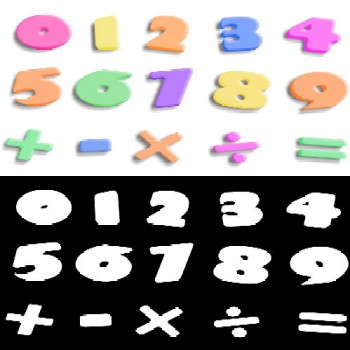 I think my nine-year-old has forgotten her multiplication facts since summer break began. Should we start reviewing them now, or is it better to wait till closer to September?
I think my nine-year-old has forgotten her multiplication facts since summer break began. Should we start reviewing them now, or is it better to wait till closer to September?
Longtime teacher Mrs. C. replies:
If your daughter truly had her multiplication facts committed to memory, she would not have forgotten them, which leads me to believe that she probably had them memorized long enough to take a test. It is very good that you are discovering this now and my advice as a veteran teacher is that you start right now to help her to memorize them. There is no benefit that I can think of to waiting until it is closer to the start of school. In my opinion, that will only cause more stress to your child and to you as a parent.
As teachers we often ask ourselves, how come most adults from the age of about 30 and on for the most part have their facts memorized. So, we ask, where is the breakdown over the years? We always come to the same conclusion and that is, memorization takes time and there is no other way to become fluent in facts except to take the time to memorize them. With the excitement of technology today, sitting down and memorizing facts is not appealing at all to children. But truly if the adults in their lives, parents and teachers, encourage and help them to do so, it will be a benefit to them for the rest of their lives.
Some suggestions for you to use with your child. Take one table at a time such as
the table of 4 four (assuming she has the easier ones already mastered) and review that table with her every day until it is mastered, then move onto the next table. Every couple of days, go back to the ones already mastered to ensure that they are committed to memory. You can use flashcards which can be found at most “Dollar Stores.” If you have access to a computer, you can try using “Math Fact Cafe” with your child. If there is one particular fact in a table, such as 4 x 6, that is giving your child trouble, write that fact on several index cards and place them all over the house, such as on the refrigerator and on door frames, so that your child will see it over and over again. Practice orally while riding in your car to do errands, bounce a basketball and practice, anytime you have a free few minutes, practice. It does not have to be a long period of time each day, just a few minutes will make a big difference to your child in September.
If you can convince your child of how much easier this will make it for her to learn more difficult math concepts when she enters the next grade, then hopefully she will be more willing to give it her best effort. Best of luck to you and your daughter!
The content provided on this site is for information purposes only and is not intended to replace personal consultation. The authors and publishers will not be liable for any damages resulting.










